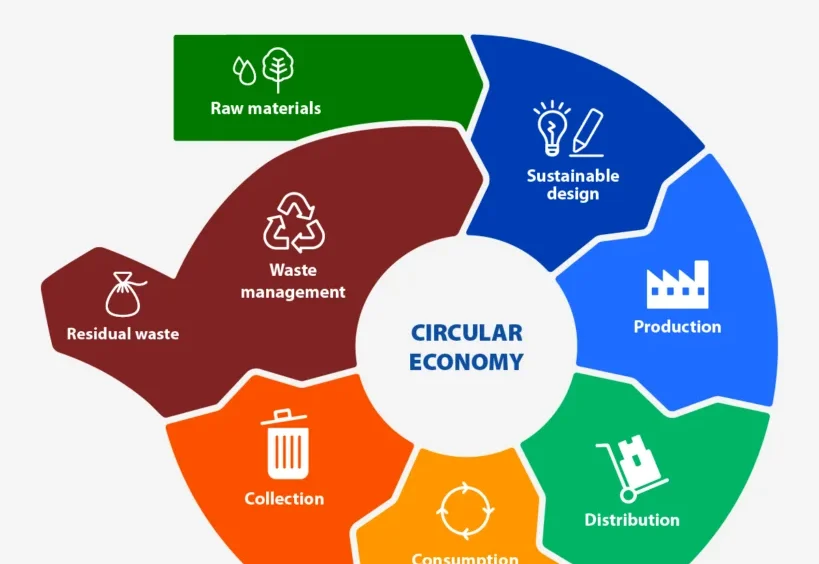Andhra Pradesh Backs Circular Economy Push With Multi-stakeholder Workshop

State partners with Paripatram to craft waste-to-resource strategy for a zero-waste future
In a significant step towards embedding circularity in its developmental agenda, the Government of Andhra Pradesh hosted a two-day Circular Economy Workshop in Vijayawada on May 22–23, bringing together over 200 participants from central and state government departments, industry, and the informal sector. The event marked a deepening of the state’s commitment to resource efficiency and sustainable waste management practices.
Organised in partnership with the Ministry of Environment, Forest and Climate Change (MoEF&CC), the Central Pollution Control Board (CPCB), and the Andhra Pradesh Pollution Control Board (APPCB), the workshop was themed “Adopting the Circular Economy Concept in Andhra Pradesh”. Paripatram Solutions served as the Knowledge Partner, curating the technical agenda and fostering cross-sectoral engagement.
“The circular economy model is not just about waste minimisation but about transforming the way we think about material use, livelihoods, and local economies,” said G. Anantha Ramu, Special Chief Secretary, Environment, Forest, Science & Technology Department, while inaugurating the event.
Sessions focused on key waste streams—urban, industrial, e-waste, end-of-life vehicles, and construction and demolition (C&D)—with discussions aimed at operationalising circularity across these sectors. The workshop advocated for treating waste not as a liability but as a resource with economic potential.
Urban-focused sessions stressed the need for strengthened source segregation, decentralised composting, and material recovery facilities, along with the formal integration of informal waste workers into sustainable livelihood models. In the industrial sector, experts called for improved hazardous waste tracking and the use of co-processing in cement kilns.
Emerging challenges such as end-of-life solar panels and lithium-ion battery waste also featured prominently. Panelists stressed the need for robust collection and dismantling ecosystems, formal recycling capacity, and digital traceability to manage material flows efficiently.
A recurring message across sessions was the urgent need for aligned policy frameworks, digital systems for traceability, and public-private partnerships to scale circular practices.
“Institutional collaboration and market development for secondary materials will be key to achieving a truly circular economy,” said Gautam Mehra, Director, Paripatram Solutions. “We were glad to support this workshop in framing actionable pathways for Andhra Pradesh.”
The workshop also highlighted opportunities in the recycling of tyres, rubber, gypsum, and C&D waste, and proposed digital platforms to enable end-to-end waste tracking and material reuse.
The programme concluded with a call to adopt the P4 (People-Public-Private-Partnership) model, as endorsed by Chief Minister N. Chandrababu Naidu, to build a people-first approach to circularity. The APPCB was lauded for its leadership in convening this initiative, and Paripatram was commended for its technical and facilitation expertise.
As Andhra Pradesh positions itself at the forefront of circular economy innovation, the workshop marked a milestone in laying the groundwork for a zero-waste, resource-efficient future driven by local solutions, policy support, and inclusive participation.






































































































































































































































































































































































































































































































































































































































































































































































































































































































































































































































































































































































































